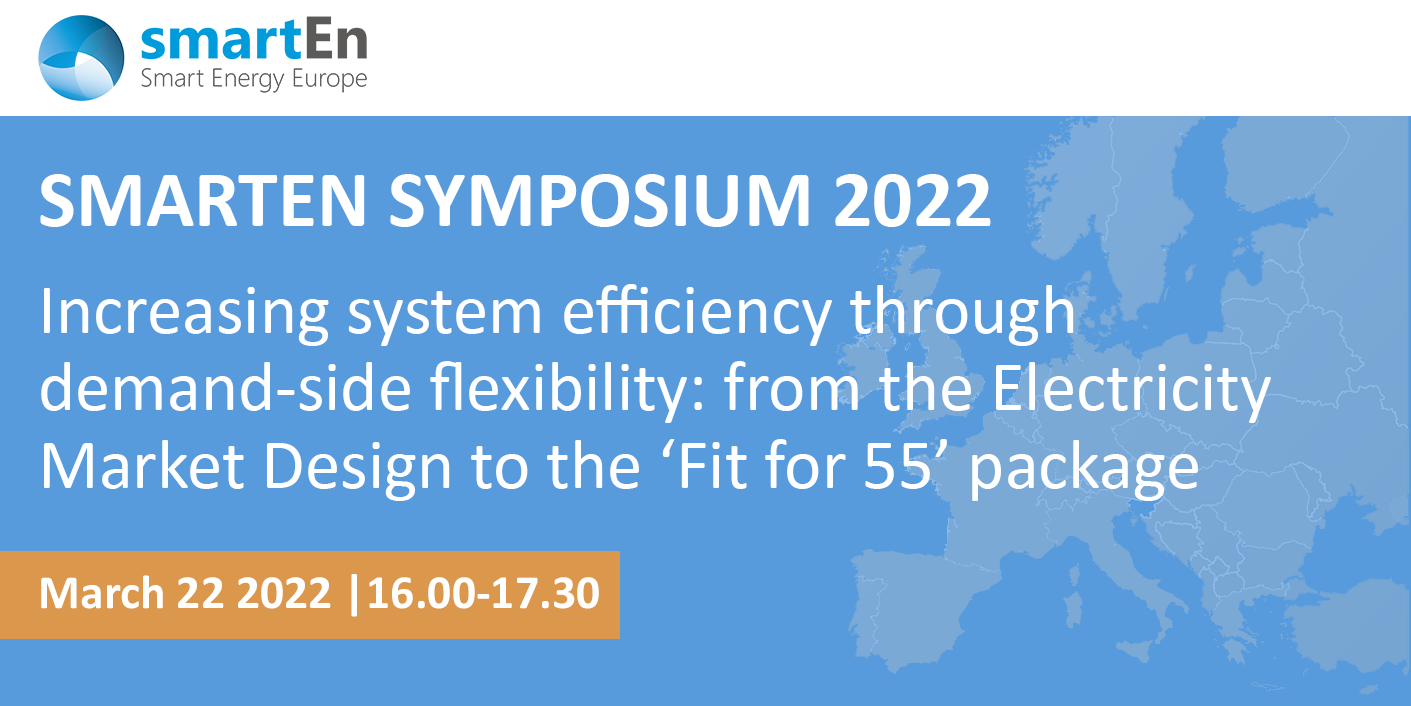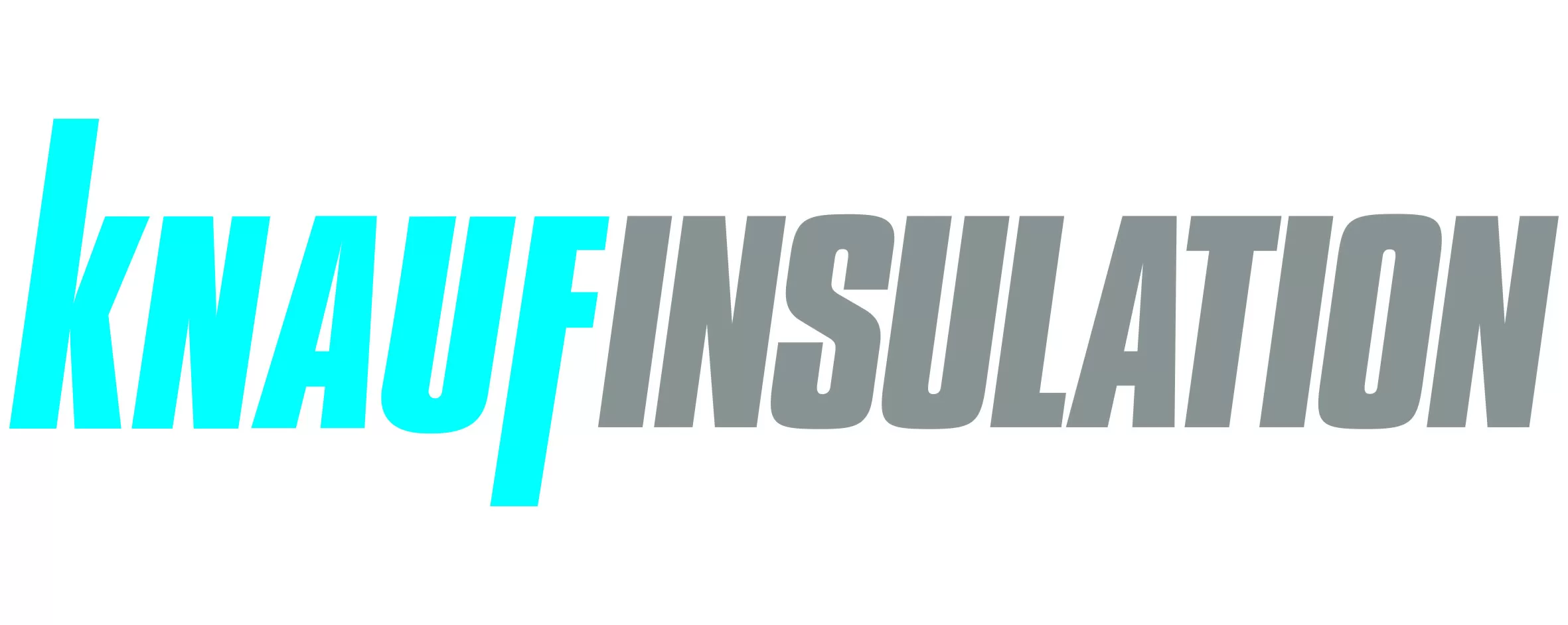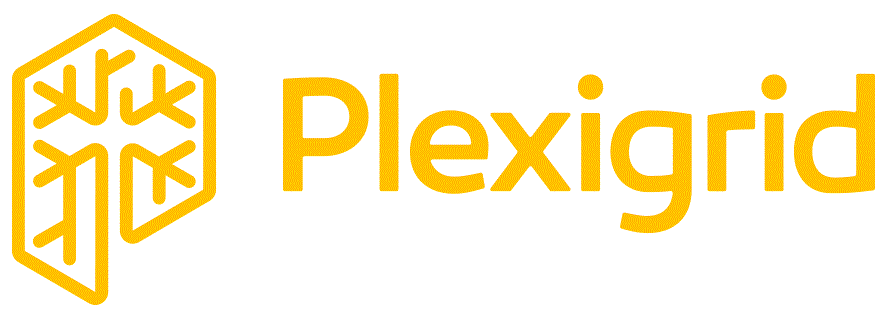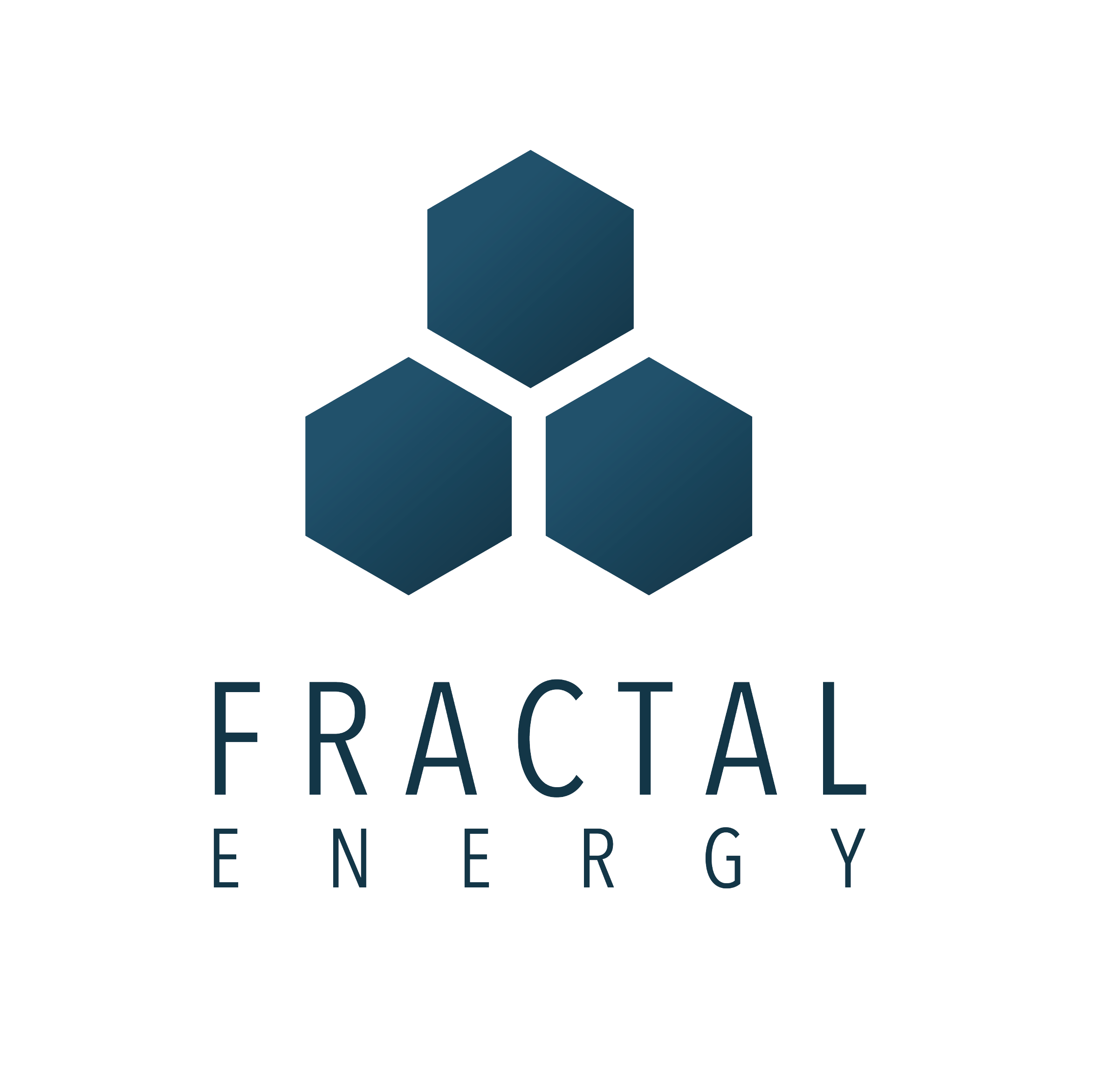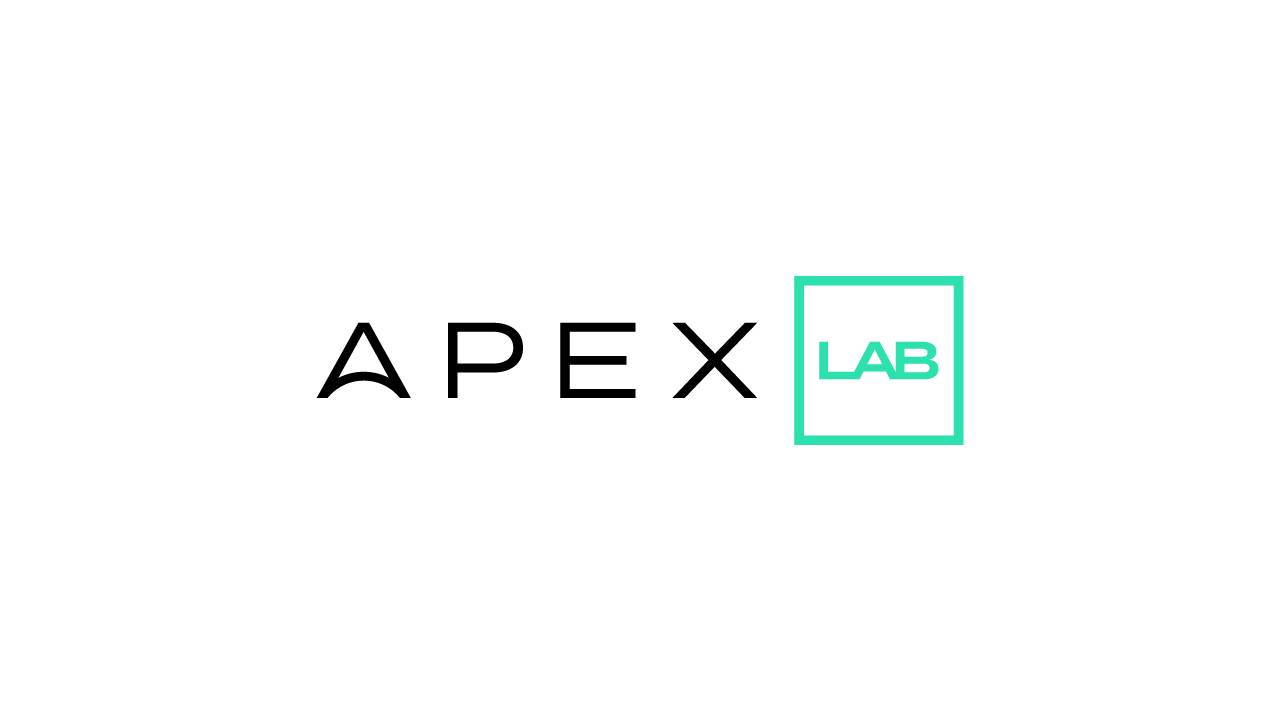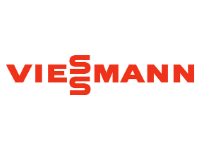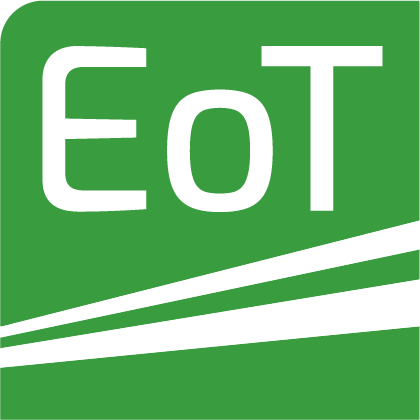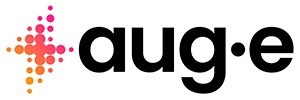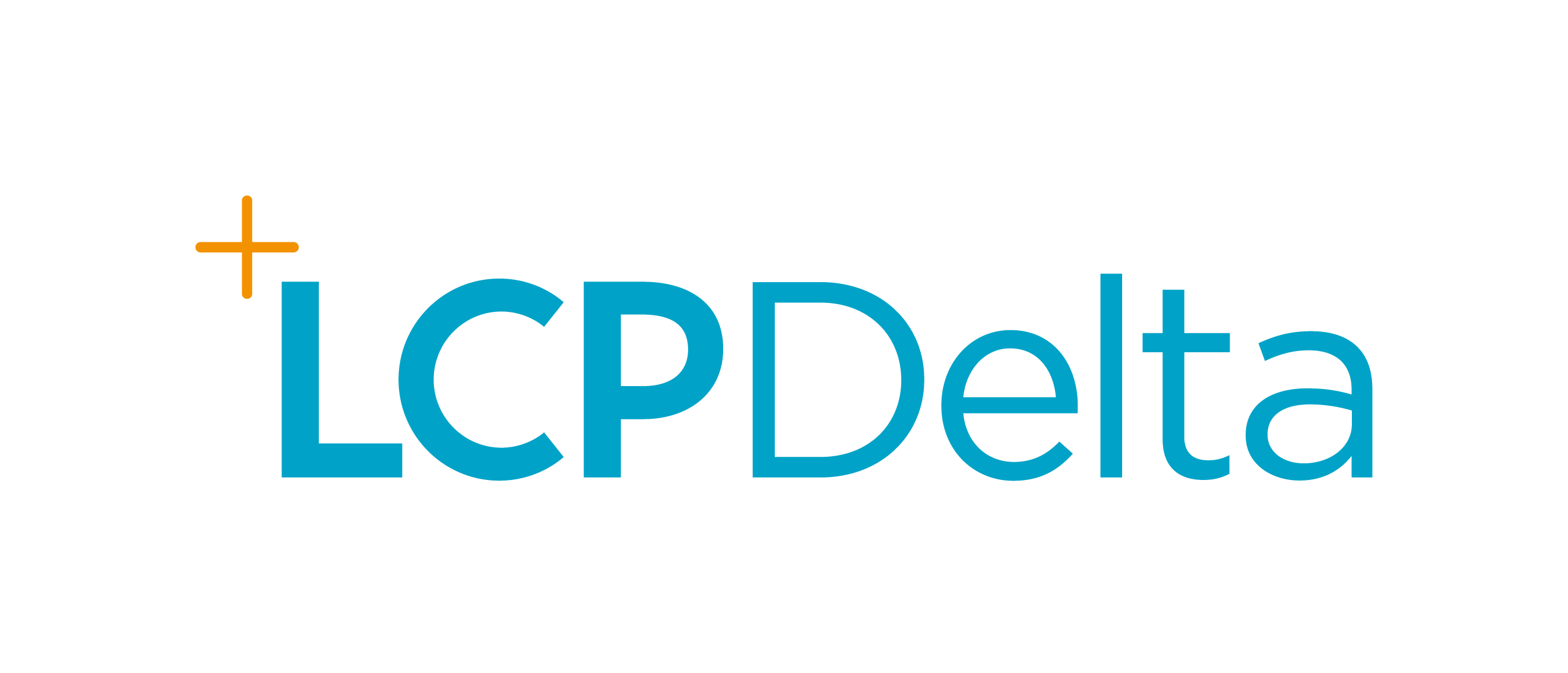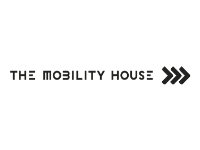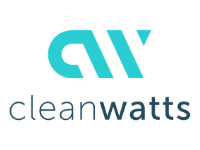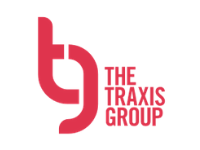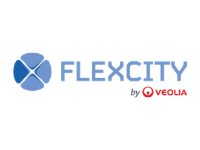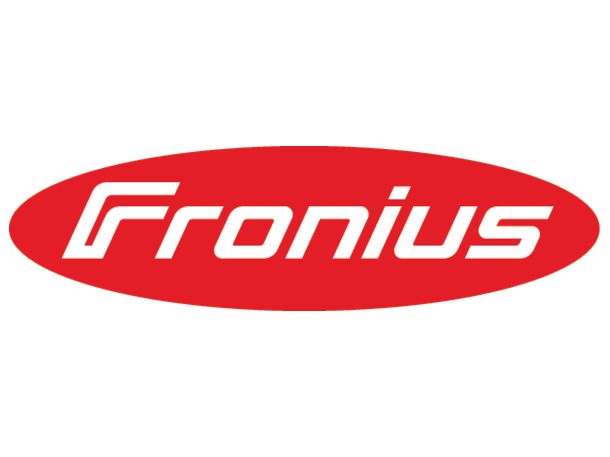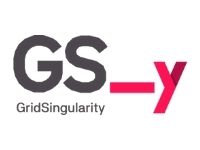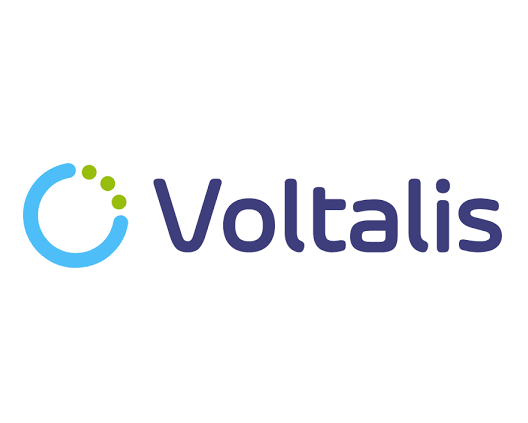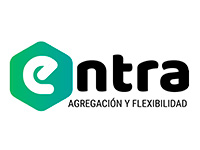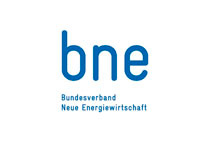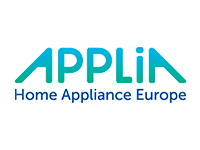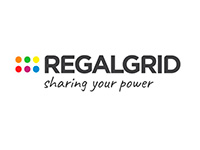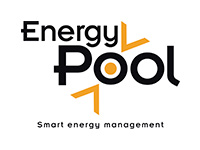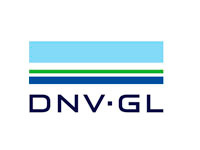Amidst the current geopolitical crisis and its implication on the rising energy prices, a new monitoring report on the implementation of the Electricity Market Design to drive demand-side flexibility (DSF) was presented yesterday by smartEn, the European business association integrating the consumer-driven solutions of the clean energy transition.
The second edition of the smartEn monitoring report analysed the implementation of key articles for demand-side flexibility in 11 European Member States: France, Finland, Greece, Germany, Ireland, Italy, Poland, Portugal, Romania, Slovenia, Spain. It provides an overview of which countries are more advanced and identifies the remaining regulatory barriers that need to be urgently addressed to untap the critical contribution of demand-side flexibility to a decarbonised, secure and efficient energy system.
The main takeaways of this effort are the followings:
- The market-based procurement of all Decentralised Energy Resources (DER) by System Operators is slowly progressing and remains in its infancy, in particular at DSO level;
- Limits to the non-discriminatory participation of all DER in all markets and mechanisms are widespread and persisting;
- Progress in setting frameworks for innovative services are uneven and a comprehensive demand response aggregation framework is still missing in most countries;
- Price signals to end-users remain blurred and access is still limited.
The report was presented by the lead author Marion Malafosse, smartEn Policy Manager, during smartEn Symposium which was hosted by MEP Christophe Grudler.
In his remarks, Michael Villa smartEn Executive Director, stressed: “In this urgent situation for the EU energy system, efforts need to be prioritised on reliable, cost-effective and climate-friendly solutions that can be activated quickly. Consumers’ flexibility is one of them. After so many years, regulatory barriers must be addressed. If not now, then when?”.
Kadri Simson, European Commissioner for Energy, expressed at the event: “In such high energy prices context, demand-side flexibility can prove to be vital to tackle the volatility. This is an extremely valuable resource for the EU energy system and a significantly untapped one“.
Christophe Grudler, Member of the European Parliament and Chirstophe Kassiotis, Head of Cabinet of France’s Directorate General for Energy and Climate shared their insights and next steps to further promote demand-side flexibility notably through the Fit for 55 and REPowerEU plan.
Sarah Jane Jucker, Co-Founder & Managing Partner of EPQ, Giulio Troncarelli, Chairman & Founder of WATTSDAT and Johanna Kardel, Head of Regulatory Affairs Energy of Elli respectively presented best practices of system integration of industries, buildings and vehicles, identifying ways to remove barriers for demand-side flexibility.
When closing the Symposium, Stefan Doerig, Head of Regulatory and Public Affairs of tiko Energy Solutions, and Chair of smartEn Markets Committee, highlighted: “We need to urgently speed up the transition towards a Decentralised, Digitalised and Decarbonised energy system by putting active consumers and prosumers at the centre. As demonstrated in smartEn monitoring report, most of the barriers are still regulatory. Let’s eliminate them now!”.
In addition to the urgently needed implementation of the Electricity Market Design, the ‘Fit for 55’ package and the REPowerEU plan should provide the necessary stimulus to give political prioritisation and promote demand-side flexibility, a cost-effective resource that can respond to the emergency situation.
You can find the report here.

